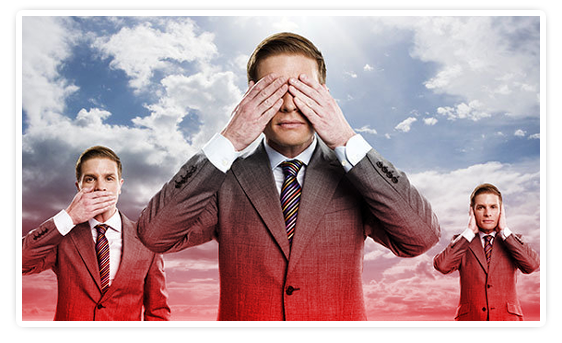The original creators of works protected by copyright, and their heirs, have certain basic rights. They hold the exclusive right to use or authorize others to use the work on agreed terms. The creator of a work can prohibit or authorize.
RIGHTS THAT COPYRIGHT PROVIDES
A copyright is the right given to someone who has created a piece of literature, art, cinema or music, for the exclusive reproduction and sale of the piece. The person who has created the piece is recognized as the author. He or she can give rights to others, such as publishers or recording companies. Copyrights are granted for articles, essays, books, poems, songs and films.
Copyright and its related rights are essential to human creativity, by giving creators incentives in the form of recognition and fair economic rewards. Under this system of rights, creators are assured that their works can be disseminated without fear of unauthorized copying or piracy. This, in turn, helps increase access to and enhances the enjoyment of culture, knowledge, and entertainment all over the world.
The creator – or the owner of the copyright in a work – can enforce rights administratively and in the courts, by inspection of premises for evidence of production or possession of illegally made – “pirated” – goods related to protected works. The owner may obtain court orders to stop such activities, as well as seek damages for loss of financial rewards and recognition.

Copyright and its related rights are essential to human creativity, by giving creators incentives in the form of recognition and fair economic rewards. Under this system of rights, creators are assured that their works can be disseminated without fear of unauthorized copying or piracy. This in turn helps increase access to and enhances the enjoyment of culture, knowledge, and entertainment all over the world.
1. Application for registration is to be made on Form XIV ( Including Statement of Particulars and Statement of Further Particulars) as prescribed in the first schedule to the Rules
2. Separate applications should be made for registration of each work;
3. Each application should be accompanied by the requisite fee prescribed in the second schedule to the Rules ; and
4. The applications should be signed by the applicant or the advocate in whose favor a Vakalatnama or Power of Attorney has been executed. The Power of Attorney signed by the party and accepted by the advocate should also be enclosed. Each and every column of the Statement of Particulars and Statement of Further Particulars should be replied specifically.
Any individual who is an author or rights owner or assignee or legal heir can file application for copyright of a work either at the copyright office or by post or by e-filing facility from the copyright Office.
Computer Software or programme can be registered as a ‘literary work’. As per Section 2 (o) of the Copyright Act, 1957 “literary work” includes computer programmes, tables and compilations, including computer databases. ‘Source Code’ has also to be supplied along with the application for registration of copyright for software products.
The general rule is that copyright lasts for 60 years. In the case of original literary, dramatic, musical and artistic works the 60-year period is counted from the year following the death of the author. In the case of cinematograph films, sound recordings, photographs, posthumous publications, anonymous and pseudonymous publications, works of government and works of international organizations, the 60-year period is counted from the date of publication.
Copyright © 2019 Krishlaw.com. All rights reserved. Designed By Portalwiz


